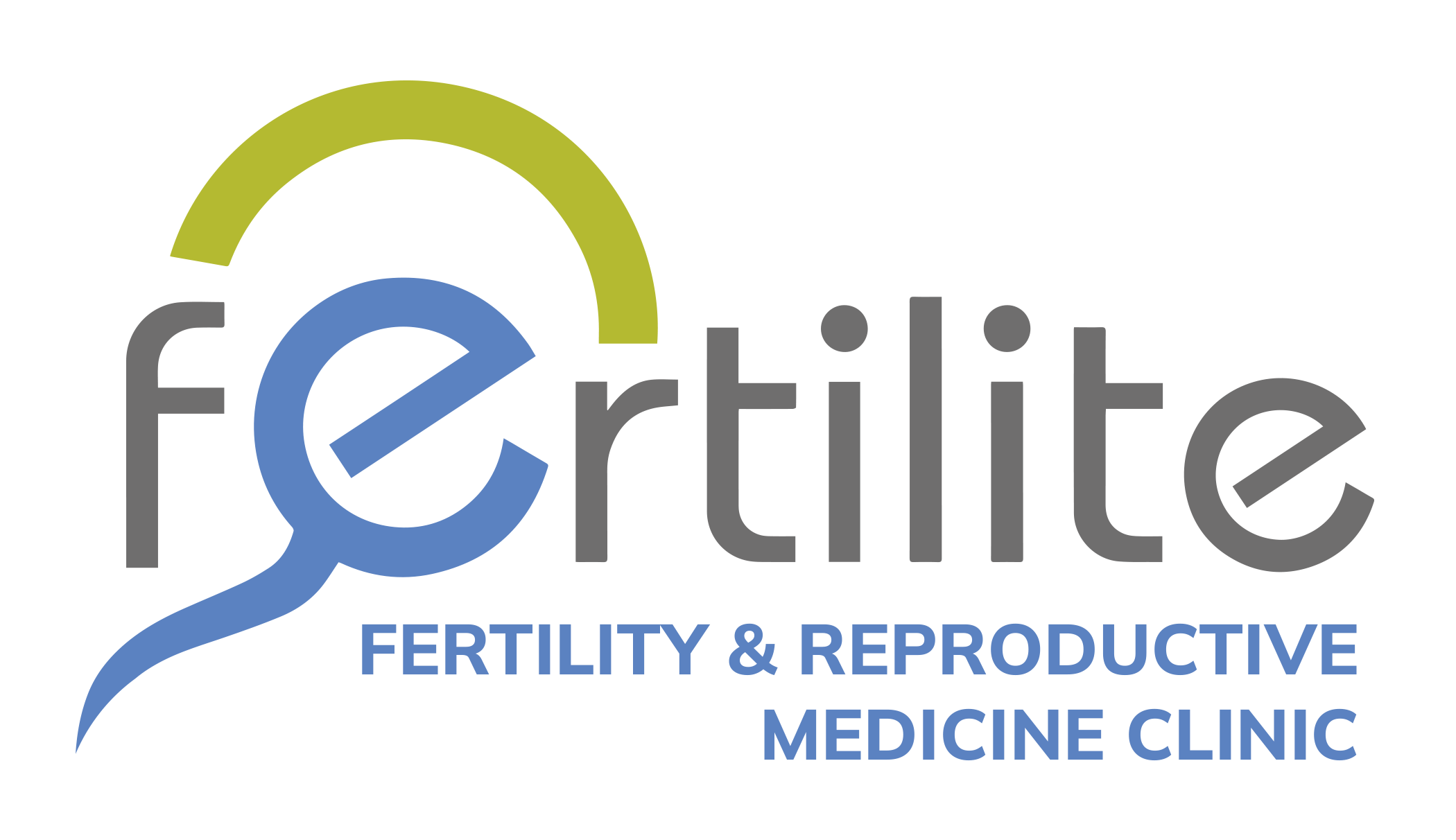At Fertilite, we offer reproductive genetic counseling as part of our comprehensive evaluation for couples requiring assisted reproduction. The aim is to investigate the presence of any family history of hereditary conditions or risk of genetic diseases in offspring. Genetic diseases are those that result from changes or mutations in DNA, impacting the health and quality of life of individuals.
Reproductive genetic counseling is conducted by a medical specialist in medical genetics. During a routine consultation, a thorough medical and family history is taken, which is essential for obtaining, correlating, and understanding potentially inheritable data. This detailed profile allows us to provide comprehensive information about any genetic disease or disorder the patient may suffer from or carry, as well as the penetrance and expressivity it presents towards their offspring. Furthermore, we provide appropriate counseling regarding the different reproductive options available to each patient based on their condition. Once the type of inheritance is identified and the risk of recurrence is established, carrier studies are considered, and specific genetic and reproductive studies are conducted for each couple requiring assisted reproduction techniques. Thanks to significant advances in genetic testing, we now have the ability to conduct broader diagnoses and more thorough studies of carriers of recessive diseases, reducing the likelihood of missing any diseases. For this, we offer carrier panel testing, which includes approximately 500 genes associated with diseases accompanied by metabolic, blood, intellectual disability, and in some cases, congenital malformations.
Preimplantation Genetic Diagnosis
At Fertilite, we also offer Preimplantation Genetic Diagnosis (PGT), a technique that allows us to study the DNA of embryos before transfer to select those that are free from disease. The goal is to achieve a pregnancy with a fetus free of the disease, using the gametes (eggs and sperm) of both members of the couple. There is also the option to use donated gametes, which are free of these types of genetic pathologies.
There are three main tests within PGT:
- Preimplantation screening for aneuploidies (PGT-A)
- Preimplantation diagnosis of molecular genetic diseases (PGD-M)
- Preimplantation screening for chromosomal abnormalities (PGT-SR)
For more information on Preimplantation Genetic Testing in Embryos (PGT).
Preimplantation screening for aneuploidies (PGT-A) is a genetic test performed on embryos obtained through in vitro fertilization to detect common chromosomal abnormalities that occur for the first time in embryos and are associated with the age of the couple at the time of seeking pregnancy. In each human cell, genetic information is contained in chromosomes, with a total of 23 pairs of chromosomes making up all the necessary genetic material. Thus, when an embryo is formed, each parent must provide a copy of each of these 23 pairs to constitute a total of 46 chromosomes. The medical term used to refer to abnormalities in the number of chromosomes is aneuploidy, hence the name of this technique. As the age of the couple increases, the risk of the gamete (egg or sperm) containing excess or missing chromosomes also increases. Therefore, this test is recommended for healthy couples undergoing in vitro fertilization to reduce the risk of common genetic conditions such as Down syndrome, Klinefelter syndrome, Turner syndrome, Edwards syndrome, Patau syndrome, among others. This tool also allows the detection of chromosomal mosaics, which refers to the presence of normal and aneuploid cells in the same embryo. In this particular case, your genetics specialist will provide specialized counseling for each case, considering the number of chromosomes, the proportion of the mosaic, and the extent of the chromosomal segment involved.
Preimplantation diagnosis of molecular genetic diseases (PGD-M) is a genetic test performed on embryos obtained through in vitro fertilization, indicated only for couples where a genetic condition affecting a particular gene has already been identified. Therefore, being a monogenic condition with the specific DNA change identified, the search for this mutation is performed in each of the embryos with the aim of reducing risks for the offspring and thus, the couple having healthy offspring. In cases where there is suspicion of a monogenic condition in your family, the geneticist may perform previous tests to identify the gene involved. If you already have a report identifying the affected gene, the geneticist will offer genetic counseling, interpretation of the results, and information about the nature of the genetic condition.
Preimplantation screening for chromosomal abnormalities (PGT-SR) is a genetic test performed on embryos obtained through in vitro fertilization, with the aim of detecting structural alterations in the chromosomes, often caused by balanced translocations or inversions in one of the members of the couple. In these cases, the couple is usually healthy, as they are carriers of a balanced rearrangement. However, when seeking to have offspring, there is a history of miscarriages, early gestational losses on more than two occasions, or children with intellectual disabilities and congenital malformations. Therefore, this study allows us to determine which embryos have a balanced chromosomal complement. Balanced chromosomal alterations are relatively common, affecting 1 in every 700 healthy individuals. Therefore, if there is suspicion, the geneticist will request a karyotype for the couple. Chromosomal abnormalities can be inherited or occur spontaneously for the first time (de novo) in healthy individuals. Once the chromosomal abnormality is detected, the risks to the offspring are explained to the couple, and if necessary, other family members who may also be at risk of carrying the chromosomal abnormality are studied.
To understand and read more about the IUI treatment program at Fertilite, click here.




